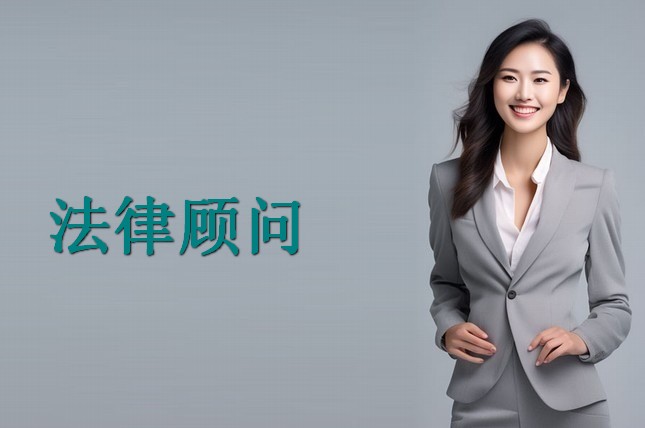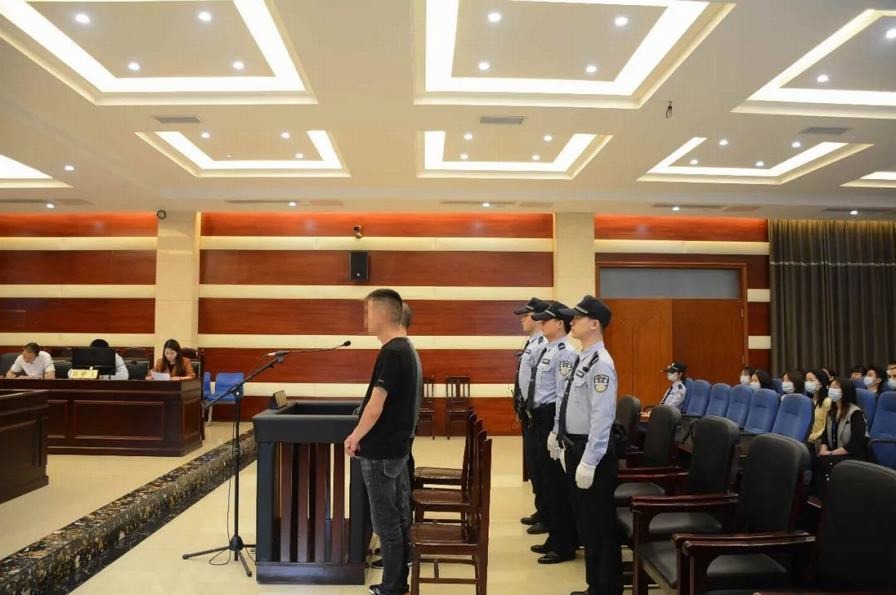
The user is seeking an English report on the topic of refund policies by institutions, likely within the context of Chinese law. From a legal perspective, this issue can be dissected through several dimensions: consumer rights, contractual obligations, educational regulations, administrative procedures, and dispute resolution mechanisms.
Consumer Rights: According to Article 24 of the Consumer Rights Protection Law of the People's Republic of China (2013), consumers have the right to return goods or withdraw from services within seven days without giving any reason, unless otherwise stipulated by the State or agreed upon by both parties. This provision applies to most consumer transactions, including those involving educational institutions.
Contractual Obligations: Institutions typically outline their refund policies in contracts signed with students or clients. Under Article 509 of the Civil Code of the People's Republic of China (2021), parties to a contract must perform their obligations in good faith, which includes adhering to agreed-upon refund terms. If such terms are not specified, general principles of fairness and reasonableness apply.
Educational Regulations: The Ministry of Education has issued guidelines regarding tuition refunds for educational institutions. For example, in the case of online education, the "Guidelines for the Administration of Online Education Services" (2019) require institutions to clearly state their refund policies and provide timely refunds under certain circumstances, such as course cancellations.
Administrative Procedures: In cases where disputes arise over refunds, administrative remedies are available. Pursuant to the Administrative Reconsideration Law of the People's Republic of China (1999), aggrieved parties may seek administrative reconsideration to challenge decisions made by educational institutions or relevant administrative departments.
Dispute Resolution: When disputes cannot be resolved through administrative channels, litigation or arbitration becomes necessary. Under the Arbitration Law of the People's Republic of China (1994), parties may agree to submit their disputes to arbitration, which is binding and final. Alternatively, civil litigation can be initiated in accordance with the Civil Procedure Law of the People's Republic of China (2017).
In summary, while specific refund policies vary widely among institutions, the legal framework in China provides a robust set of protections for consumers and clear guidelines for institutions. Parties should refer to relevant laws and regulations to ensure compliance and protect their interests.










